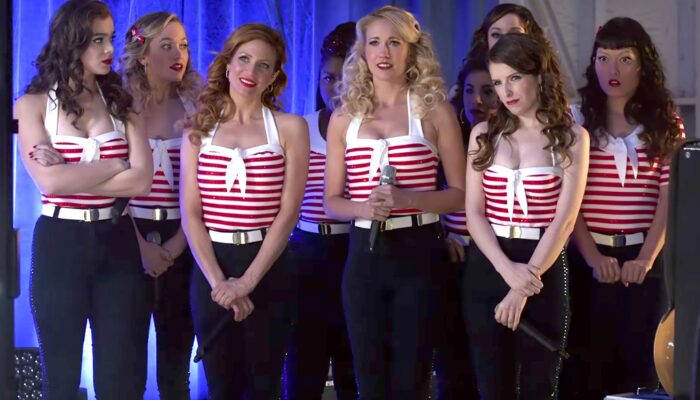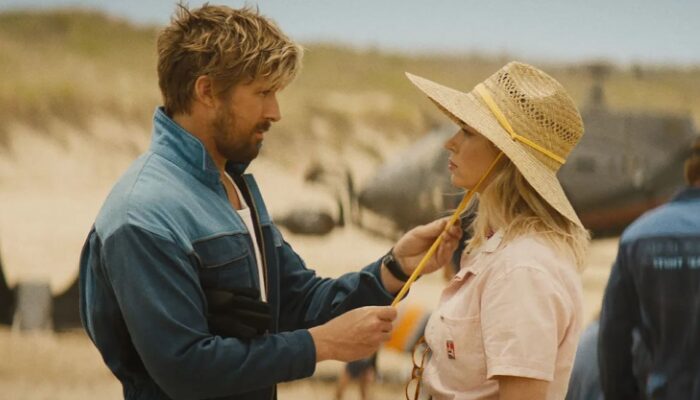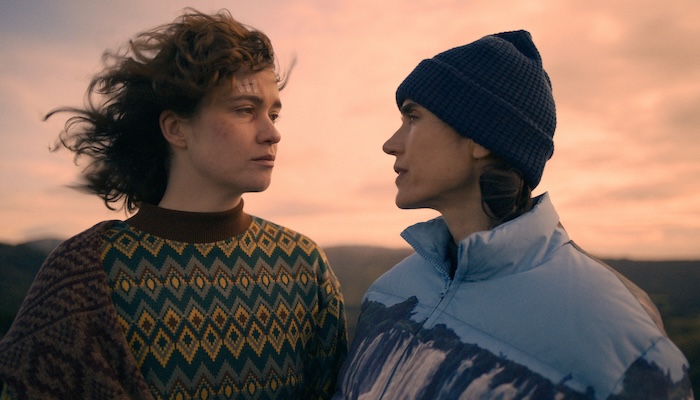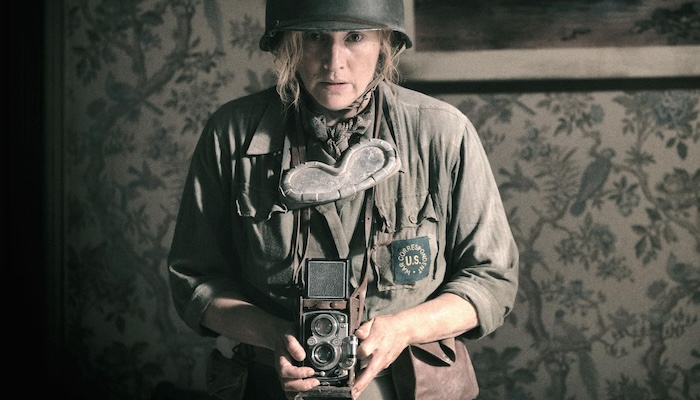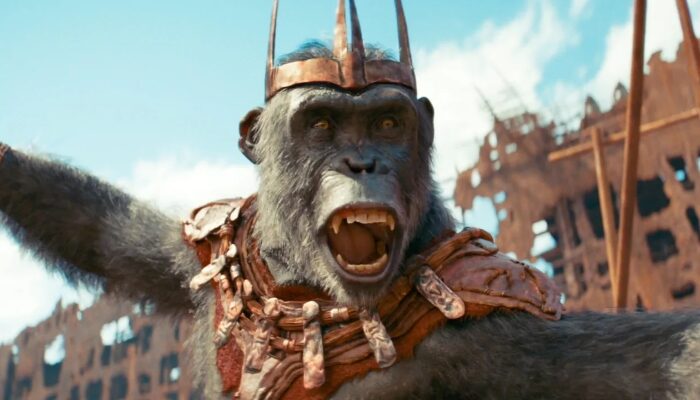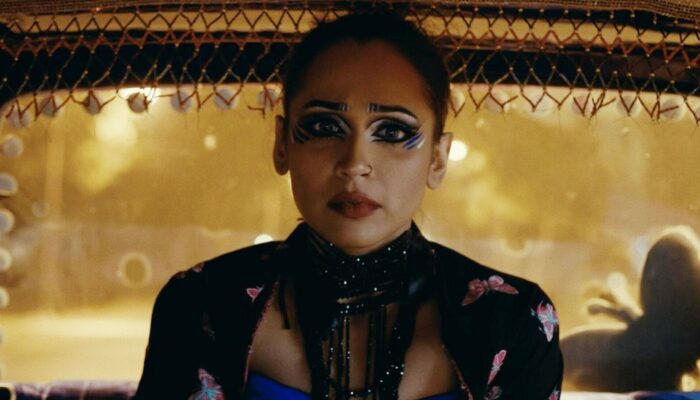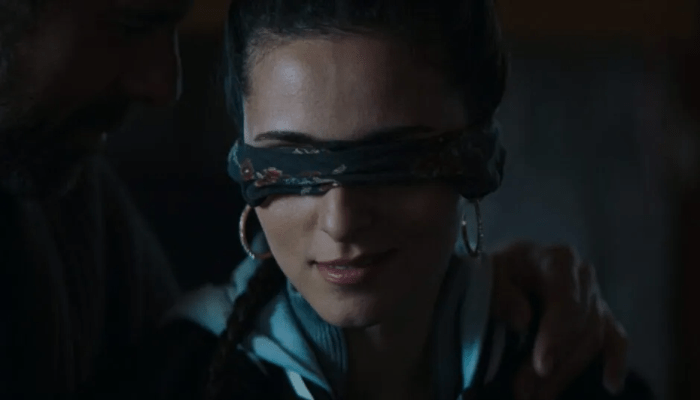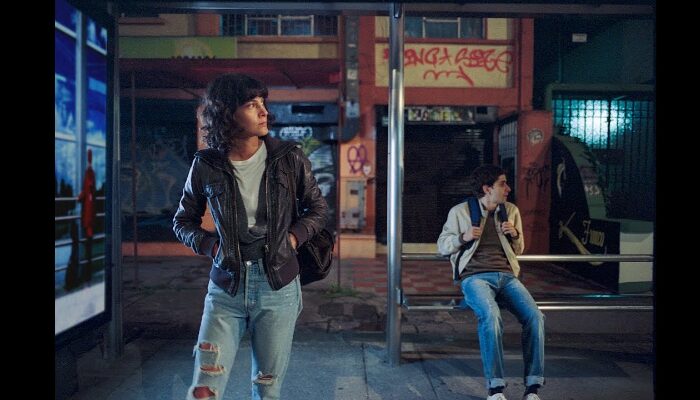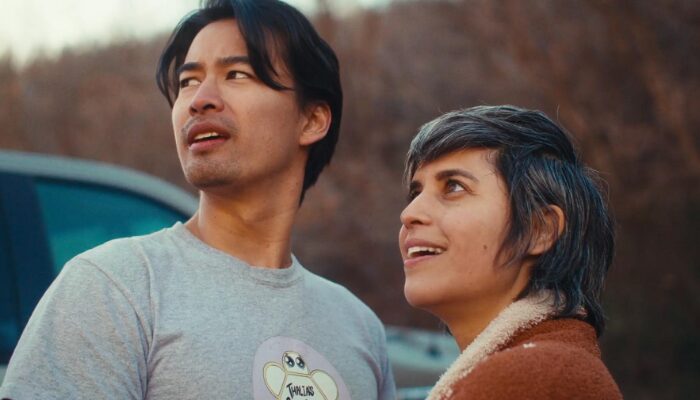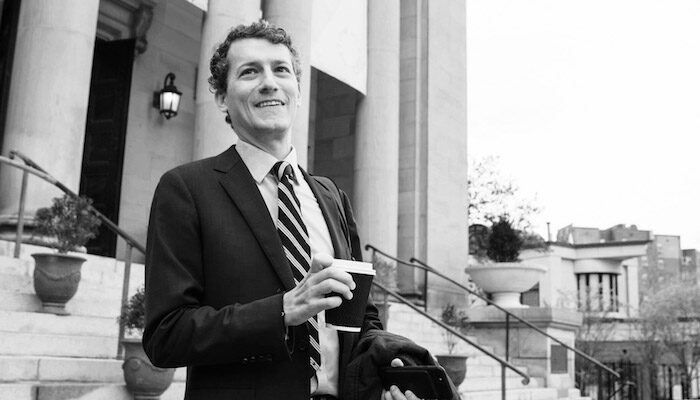Film Review: BAD AXE: A Robust Slice-of-Life Documentary On the Strength of Family Ties [SXSW 2022]
Bad Axe Review
Bad Axe (2022) Film Review from the 29th Annual South By Southwest Film Festival, a documentary directed by David Siev, featuring Chun Siev, Jaclyn Siev, Rachel Siev, Raquel Siev, Michael Meinhold, Austin Turmell, and Skyler Janssen.
At one point somewhere in the middle of Bad Axe, the feature-length debut from David Siev, one of his family members asks him why he’s even making a documentary about them – a nothing-out-of-the-ordinary, working-middle-class, Cambodian-Mexican-American family living in a small town toward the tip of Michigan’s thumb. David, a rather talkative and self-inserting presence compared to the typical documentarian, can’t really come up with a good answer. He just feels that they have “an important story to share”.
That’s the beauty of David’s documentary, as it messily meanders its way through the Sievs’ lives. It implies the importance and worthiness of everyone’s life, no matter their significance on some fabricated stage, and crafts a compelling portrait out of all those seemingly dissonant parts.
Beginning around the start of the COVID-19 pandemic in March 2020, David leaves New York City and travels back to his hometown of Bad Axe his family has lived for the past three decades. They own and run a family-style diner named after his mom, Rachel, and it’s run by her, his no-nonsense father Chun, and his sisters Jaclyn and Raquel. When the pandemic and all the shutdowns keep David Michigan-bound, he does what any young filmmaker would do: picks up his camera and goes out to shoot something to stave off the restlessness. He decides to start documenting his family’s struggles – particularly that of their restaurant, and the adaptations they must make in the wake of the state’s mandated closures.
Eventually the doc digs into the Siev’s past, from the restaurant’s rough start (it was originally just a donut and coffee shop) to Chun’s childhood and his family’s escape from the Cambodian genocide in the 1970s (Chun, his mother, and his five siblings escaped to the U.S., but his father never made it). Chun likens his life to one of constant struggle: he and Rachel work so hard because they know what it’s like to truly have nothing, and they fear ever falling back into that state. The parents have imbued their children with that same survival instinct, for better or worse, which Jaclyn – the eldest – takes in stride but also devout stubbornness (which her mom jokes she gets from her father).
As 2020 unfolds the restaurant becomes embroiled within current events, as the surrounding majority-white and conservative community doesn’t take kindly to the Siev children’s outspoken involvement in the George Floyd uprising nor the restaurant’s strict mask policy. What’s more, when David puts out a preliminary trailer for the film on a crowdfunding website to raise support for his post-production needs, his inclusion of the local neo-Nazis that the family encountered at a BLM protest in the project’s trailer sets his community ablaze with accusations of misrepresentation.
The Sievs start receiving death threats and are stalked outside their restaurant, while David captures all of this fallout on video (sometimes to the ire of his sisters, who at one point after kicking out a rowdy unmasked patron quickly shove David and his camera set-up to the side). The film further documents the inter-family turmoil over their own racialized identities, and how to best be advocates and allies for Black Americans in this tense moment of history.
As previously mentioned, David is not the silent observer type. He turns the camera around on himself from time to time and asks his then-girlfriend-now-fiancée Katarina Vasquez to interrogate him with questions similar to those he’s been asking his family. But even as the one man show that he is for the rest of the runtime, he doesn’t cut out the back-and-forths he has with his sisters or his parents. We hear their dialogue unfold in full, sans the illusion of monologuing achieved in the editing room. It gives a quaint DIY feel to the whole venture, but it also reinforces the close bonds that David has with his family. The camera is not a tool of separation nor compartmentalization but rather a true digital stenographer, taking in all the rawness and rough edges that family life exudes.
It’s also symbolic of the Sievs’ own prolonged struggles – not just in saving their own lives, but in maintaining them by chasing after the American Dream. When the film cuts from Chun arguing with Jaclyn (to the point of her breaking down in tears over him risking his health and safety just to keep the restaurant going), to Chun contextualizing his own experiences with racism within this modern reckoning, to him showing Jaclyn and Raquel’s husband and boyfriend, respectively, the importance of self-defense and gun control (much to the chagrin of his wife), it evokes a topical whiplash but a robust one at that.
As director, David taps into that stressful sense of survival that comes with the refugee identity, the working-class hustle, and the American Dream chasers, refracting them all through multiple different lenses and projections. There’s no central focus around which Bad Axe coalesces, but the film is robust enough that there doesn’t need to be one.
In the end, Bad Axe is very much like the Siev family unit itself (or any family unit, for that matter!) – not a stagnant patchwork quilt, but a living and continuously shifting organism of its own volition, with each part reliant upon and supported by all the others. It’s worth it to allow it to grow on you.
Rating: 8/10
Leave your thoughts on this Bad Axe review and the film below in the comments section. Readers seeking to support this type of content can visit our Patreon Page and become one of FilmBook’s patrons. Readers seeking more South By Southwest Film Festival news can visit our South By Southwest Film Festival Page, our Film Festival Page, and our Film Festival Facebook Page. Readers seeking more film reviews can visit our Movie Review Page, our Movie Review Twitter Page, and our Movie Review Facebook Page. Want up-to-the-minute notifications? FilmBook staff members publish articles by Email, Twitter, Facebook, Instagram, Tumblr, Pinterest, Reddit, and Flipboard.
Related Articles
FilmBook's Newsletter
Subscribe to FilmBook’s Daily Newsletter for the latest news!

